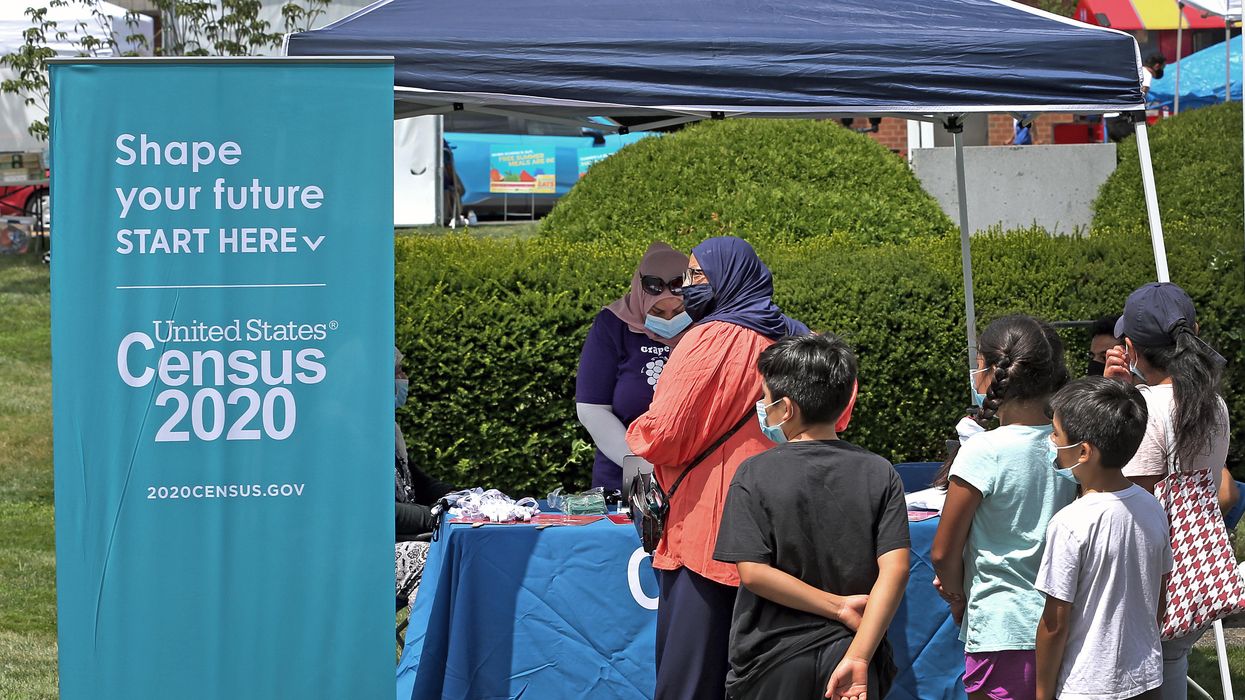Data released by the Census Bureau on Thursday showed America's population is more diverse than ever. For the first time since 1790, the number of people in the country who identify as white declined.
The detailed look into the nation's population changes over the past decade will be key as states can now begin redrawing election maps for the 2020s. But due to delays caused by the coronavirus pandemic, states face a compressed timeline to complete their redistricting plans.
Concerns about the accuracy of the census count also remain. Communities of color have historically been undercounted, but this cycle could see larger disparities due to Covid-19 and efforts by the Trump administration to change the census questionnaire in ways that might have intimidated respondents.
Here are five stories to catch you up on the latest redistricting developments.
What the new census data shows about race depends on how you look at it (NPR)
State redistricting can start with new census data, but litigation looms (Roll Call)
Latinos' next census task: Get money and power through redistricting (NBC)
Five takeaways from a groundbreaking census report (The Hill)
US became more diverse, metro areas grew in last decade, census data shows (Fox News)




















Trump & Hegseth gave Mark Kelly a huge 2028 gift